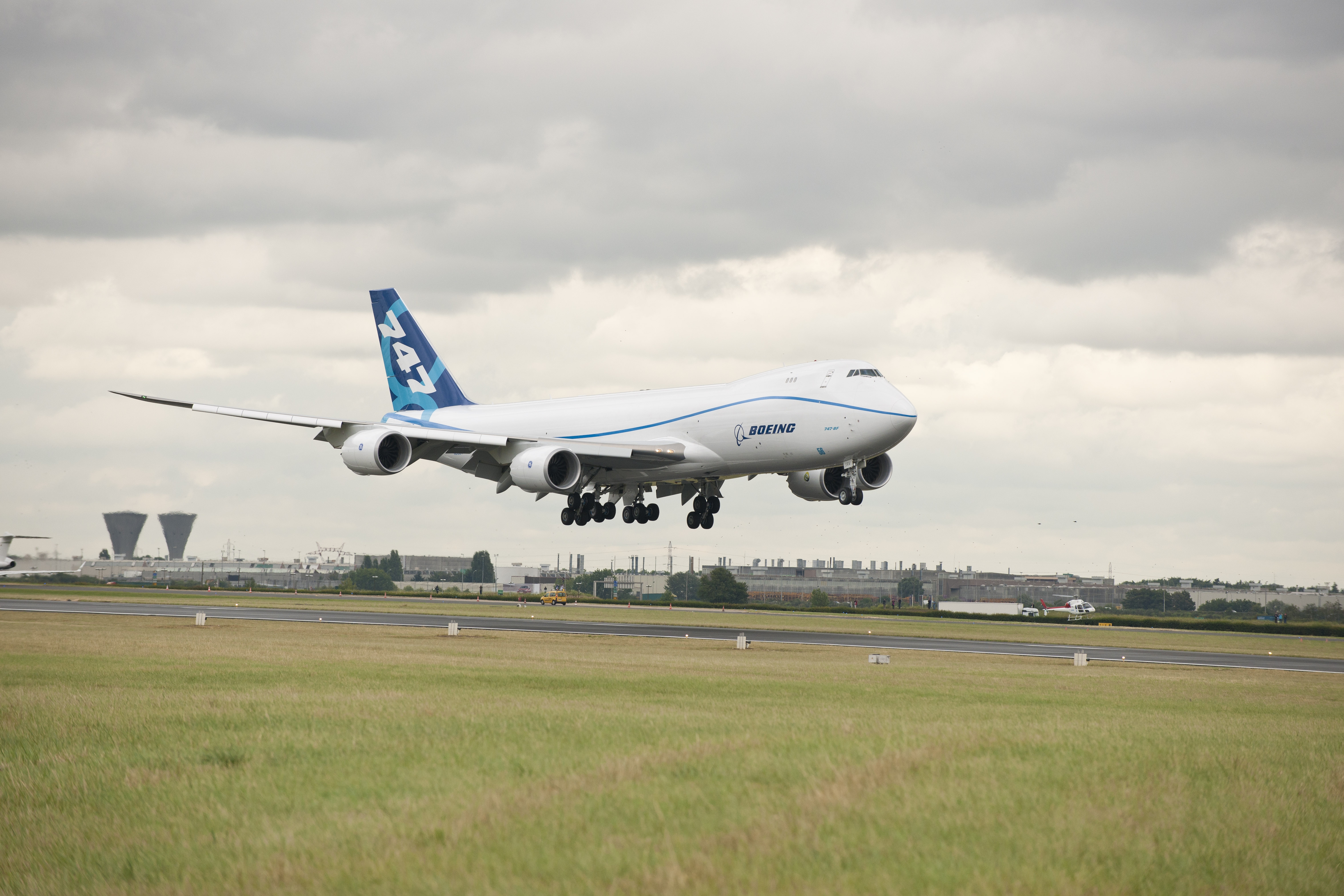
According to Monday’s press release, the two firms will “address gaps in a supply chain for sustainable aviation biofuel in Brazil, such as feedstock production and processing technologies.” Aviation biofuel emits 50% to 80% less carbon through its lifecycle than does petroleum jet fuel, according to the announcement, and more than 1,500 passenger flights using biofuel have been conducted since the fuel was first approved for use in 2011.
Aviation biofuel is made from a variety of feedstocks, from algae to jatropha and camelina, all of which need space to grow and efficient processing plants to convert to fuel. The global aviation industry contributes 2% of the world’s annual carbon dioxide emissions and 12% of all transportation-related CO2 emissions, according to the Air Transport Action Group. If commercial aviation were able to source just 6% of its fuel supply from biofuels by 2020, the industry’s carbon footprint would be reduced by 5%.
Boeing shares traded up 1.5% at $132.62 in the late morning Monday. The stock’s 52-week range is $94.10 to $144.57.
READ MORE: The 10 Most Polluted Cities in America
It’s Your Money, Your Future—Own It (sponsor)
Retirement can be daunting, but it doesn’t need to be.
Imagine having an expert in your corner to help you with your financial goals. Someone to help you determine if you’re ahead, behind, or right on track. With SmartAsset, that’s not just a dream—it’s reality. This free tool connects you with pre-screened financial advisors who work in your best interests. It’s quick, it’s easy, so take the leap today and start planning smarter!
Don’t waste another minute; get started right here and help your retirement dreams become a retirement reality.
Thank you for reading! Have some feedback for us?
Contact the 24/7 Wall St. editorial team.
